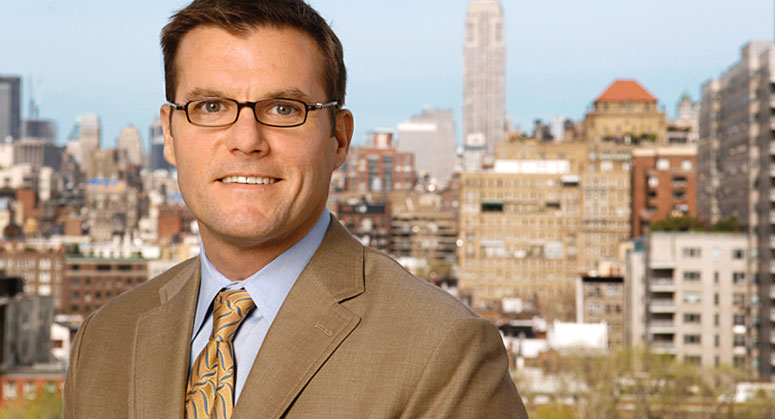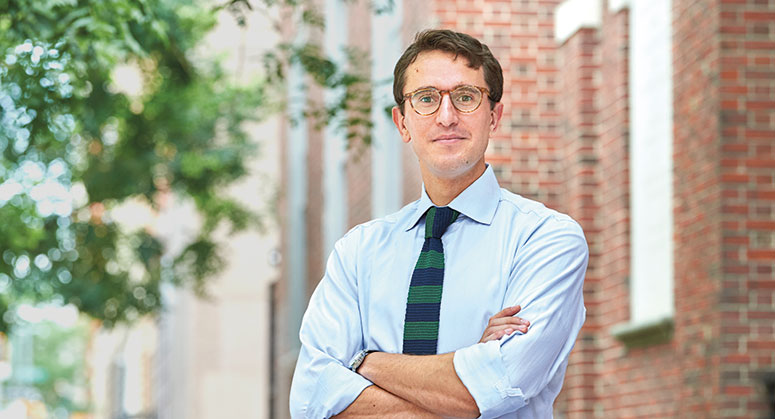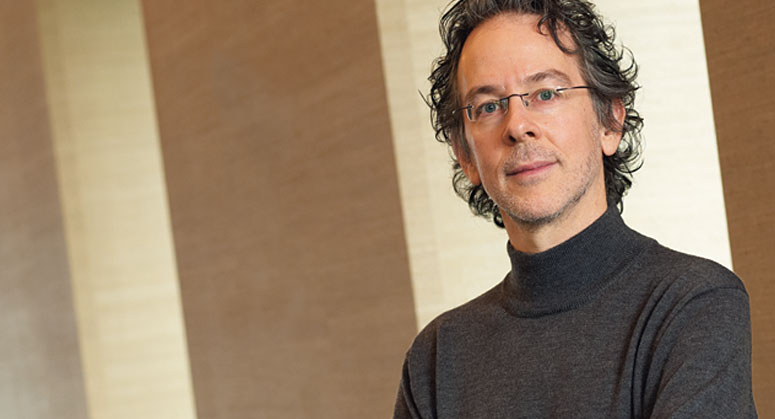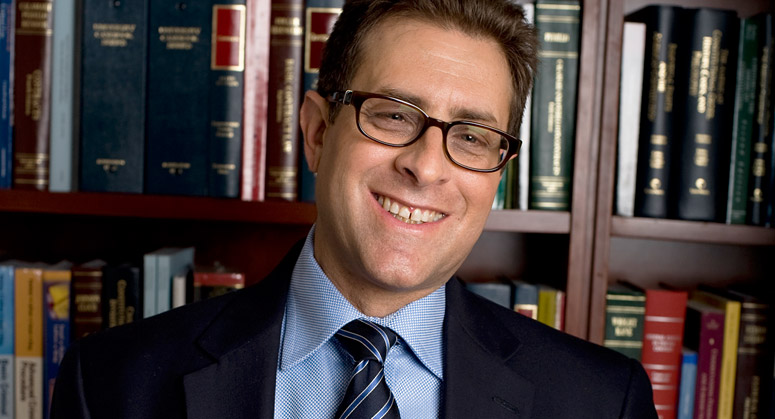The study of law and history at NYU Law has deep roots. The Legal History Colloquium is the longest-running legal history workshop in the country, and the Samuel I. Golieb Fellowship Program, which produces leading entry-level academics, is the oldest legal history fellowship program in the United States. The Law School’s legal history program also continues to grow and evolve; NYU is one of the few law schools today to offer non-US legal history.
The core law and history faculty include Daniel Hulsebosch, Noah Rosenblum, and William Nelson ’65. Hulsebosch specializes in imperial legal history. His scholarship ranges from early modern England to 19th-century United States. Throughout his work, he explores the relationships among migration, territorial expansion, and the development of legal institutions and doctrines. Rosenblum works primarily in administrative law, constitutional law, and legal ethics. David Golove, one of several other faculty that have a strong and abiding interest in history, particularly in constitutional tradition, takes a historical approach to the study of state institutions and the regulation of the bar, seeking to understand how law can be used to promote democratic accountability. Barry Friedman, Helen Hershkoff, Roderick Hills Jr., and Richard Pildes draw on a historical perspective to deepen students’ understanding of the evolution of the law.
NYU Law students can take up to 10 credits from NYU’s history department. They may also pursue a joint JD/PhD, conditional on being admitted to each program independently.



